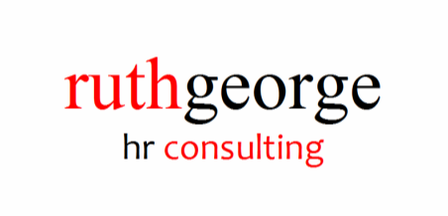How can we make sure there are always opportunities to learn in our roles? If learning is the secret to thriving in a world that is constantly changing – how do business leaders ensure the importance of learning in our jobs isn’t underestimated?
A recent survey found over a quarter (26%) of employees do not trust their CEO to be honest and transparent. The same research found 28% of employees are not given a chance to share feedback with leadership on their experiences. And less than half (46%) of employees feelEDI stands for Equality, Diversity and Inclusion and it has a huge impact on workplace culture. I guess I would say that, part of my consultancy is delivering EDI workshops! But don’t just take my word for it, there is lots of research out there and loads of statistics that back this up (see below).
Raising awareness of EDI is important on so many levels: ‘The only constant in life, is change,’ that’s a quote from Greek philosopher Heraclitus. Or you might be more familiar with, "Change is the law of life. And those who look only to the past or present are certain to miss the future," — that’s JFK. Whoever you look to for inspiration, understanding the Kubler-Ross Change Curve and actively engaging in supporting your employees, to make navigating change more smooth, will help to maintain a motivated workforce. Here's my tips on how...
In the world of fashion, the September issue of magazines is the most important of the year. That’s because autumn/winter trends are showcased and fashion weeks take place in New York, London, Paris, and Milan. Now, far be it for me to compare the world of People & Culture to high fashion, but there is something of a ‘September issue’ effect when it comes to organisational focus at this time of year. Here’s my theory as to why:Recently, I've been delivering EDI (equality, diversity and inclusion) workshops. They typically generate a lot of discussion and one of the questions I’m often asked is about positive discrimination which is unlawful in the UK under the Equality Act 2010. When people hear that it usually sparks a lot of debate, so here’s my brief explanation of what that means in practice for the UK workplace...
Have you noticed this too? I keep seeing signs saying, ‘Our employees have a right to be treated with respect, we reserve the right to refuse service to customers who are abusive towards our staff.’ What’s going on?
I think there are a few reasons for this: Recently - before the kids went back to school, our wifi went down. It became the toughest challenge of lockdown so far. Forget not being able to go out for a meal, or meeting up with more than one friend at a time, or having family round for supper – when the broadband went down our family’s human rights had been seriously breached!
Why is it that so many organisations are talking about employee engagement right now? And just to clarify, I’m not talking about work colleagues getting hitched!
For people that work in the field of HR employee engagement is something we’ve known about for years. In the corporate HR world we typically carried out annual engagement surveys, produced reports and worked closely with department heads and line managers to identify key insights and provide interventions to maintain or increase overall engagement scores. In the SME world it was previously very rare for engagement surveys to be conducted. But as it has done for so many other areas of life, Covid has flipped the traditional approach to employee engagement on its head – why is that? Back in January I wrote an article about the job trends for 2020. It seems like a lifetime away now. Some of the job titles on the list felt like another language at the time but as we move inevitably towards the winter of 2020, those job titles have been playing on my mind...
|
